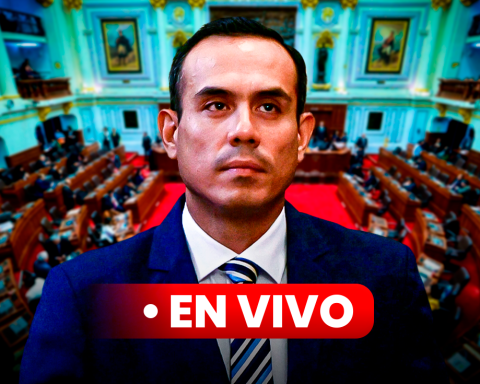The study “The illusion of adequate information”, published in Plos Onewarns that we tend to feel confident in our decisions, even when we lack information, which can generate consequences from the personal to the social.
This research divided participants into groups with different levels of information to solve a problem. And common sense would tell us that those people with more data would be more sure of their decisions; However, the results showed the opposite: people who received less information showed greater confidence in their conclusions compared to those who had more data. This curious situation showed that the less we know, the more confident we feel about giving our opinions and making decisions. Even though we ignore, precisely, that we can ignore reality.
The explanation could be simple: we are not usually aware of what we do not know. Instead, we focus on the information available and fail to question whether it is sufficient. This cognitive error, called the “illusion of adequate information,” can cause us to believe that our decisions are informed, even when we ignore crucial aspects.
This phenomenon highlights the importance of maintaining a critical attitude towards the information we handle, and asking ourselves if we really have all the necessary elements to make a decision. This does not mean doubting everything, but rather being self-critical and being open to the possibility that our perception may be based on incomplete information.
In a world saturated with information, it is easy to fall into the trap of believing that we know more than we understand. If we take this to public debates on political or social issues, people often feel confident in their opinions without taking into account that they are missing crucial information, which can lead to polarization or making the wrong decisions.

















